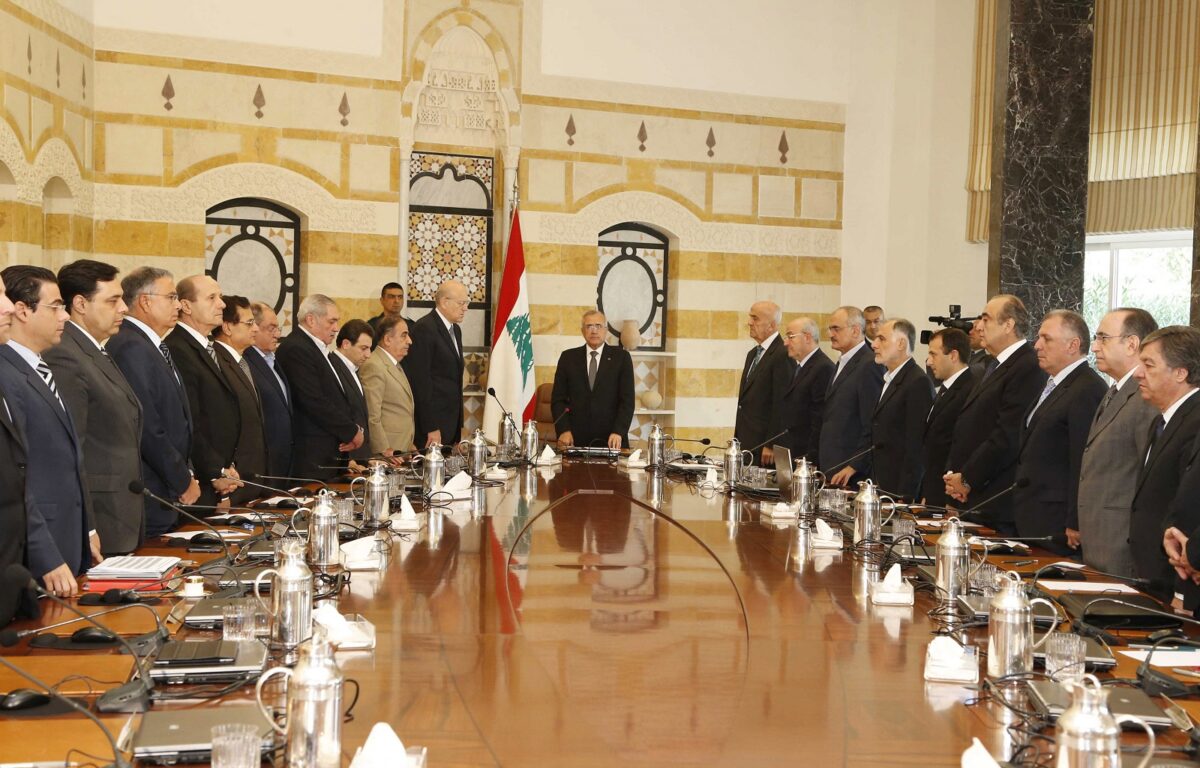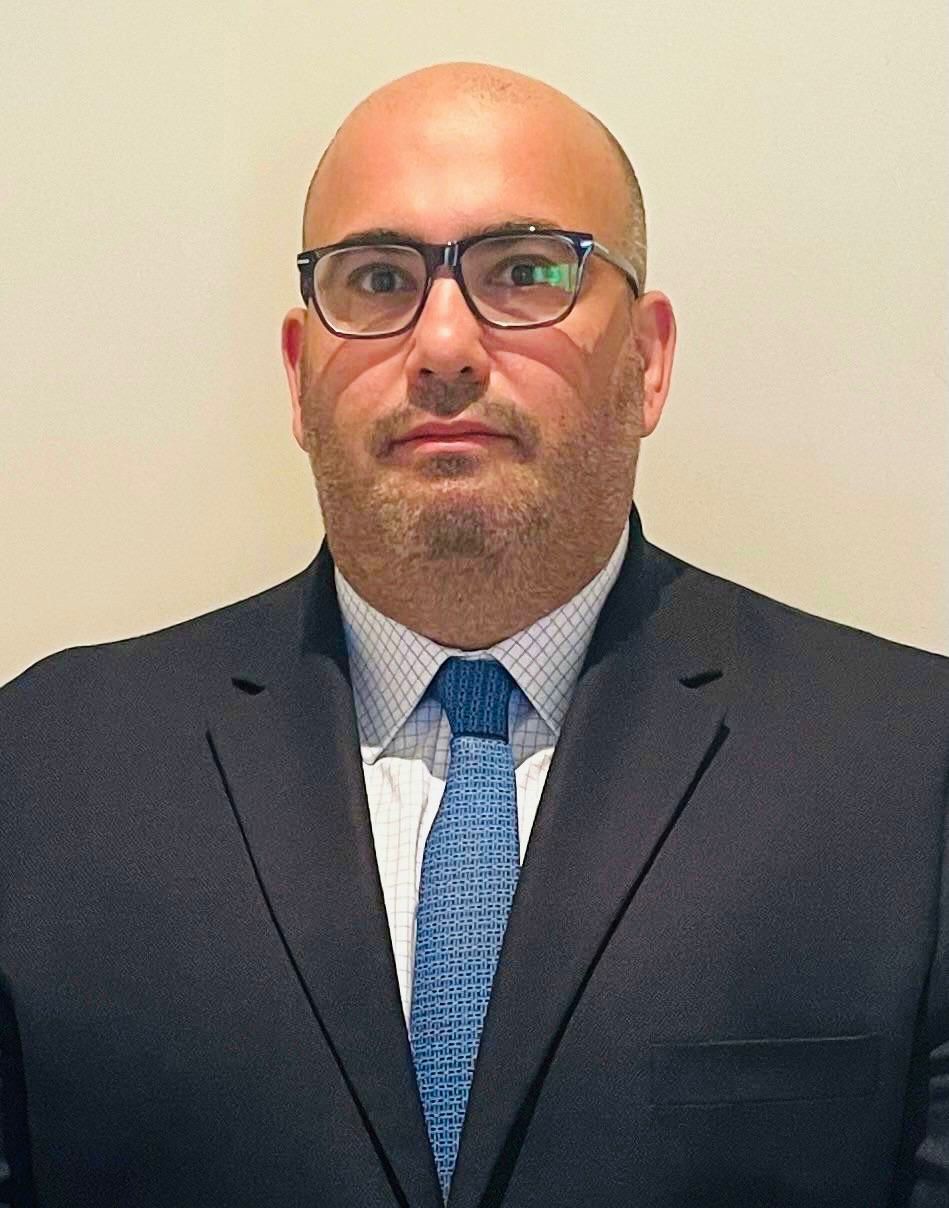
Lebanon and “the war of others”: how the country became a battleground for regional and international powers during the 15-year civil war, and the risks of today
A popular Lebanese pop song declares that it is enough to be Lebanese. Perhaps no generation resonates more with this sentiment than my own generation, those born in Lebanon during the 1970s and 1980s. Many witnessed the 1982 Israeli invasion, while all experienced the 1993, 1996, and 2006 Israeli wars on Lebanon. They endured cycles of violence throughout the civil war, hearing of atrocities like the 1982 Sabra and Chatila massacre and the sectarian massacres associated with the Mountain War. Having lived through these rounds of violence as children, teenagers, or adults, they have now, as parents, faced further cycles of destruction following the Beirut Port blast in August 2020 and the recent Israeli attacks. The blast, alongside the recent Israeli attacks on Lebanon, has tested these generations’ deep-seated belief in resilience as the defining trait of being Lebanese.
Few regions in the world have immortalized UN Security Council (UNSC) resolutions as profoundly as the Arab region. To this day, official communiqués from the Arab League and bilateral meetings frequently reference UNSC Resolution 194 regarding Palestinian refugees, Resolution 242 following the 1967 war, and Resolution 338 from October 1973. Lebanon has undoubtedly had its share of UNSC resolutions. Until May 2000, statements by state institutions and politicians in Lebanon regularly referenced UNSC Resolution 425, adopted in March 1978, which called for the withdrawal of Israeli forces from southern Lebanon. Lebanon’s experience with UNSC resolutions has been mixed: while Resolutions 425 and 1701 resulted from proactive diplomatic efforts, others, such as UNSC Resolutions 1559 and 1680, have heightened domestic friction and tensions.
From October 8, 2023, when Hezbollah chose to use Southern Lebanon as a support front for Gaza, until the Pager attack on September 18, 2024, Lebanese officials invested considerable efforts explaining why Lebanon could not fully implement Resolution 1701, adopted in August 2006 and ended the 34-day Israeli conflict in Lebanon. Their rationale was that, until a ceasefire was reached in Gaza, Lebanon would be unable to impose control and complete disarmament in the area south of the Litani River. During this period, representatives of Lebanese state institutions adhered to the narrative that the fate of Lebanon’s southern front was intimately tied to Gaza, effectively deferring their duty to negotiate a ceasefire and regain control over the area of operations in the south of Lebanon.
This narrative shifted dramatically in the wake of Israel’s intensified attacks in the past two weeks, which included the killing of civilians, assassinations of key Hezbollah figures, among them the Secretary-General, the imposition of a military blockade over Lebanon, the physical destruction of properties, and the forced displacement of over one million people. Lebanon is now officially calling for a ceasefire and insisting on its willingness and readiness to implement UNSC Resolution 1701. Unfortunately, Israel has ignored these appeals, continuing its campaign of destruction, targeted assassinations, and mass displacement.
Lebanese officials have truly mastered the art of empty promises. I assessed the fate of reforms pledged during the Paris II, Paris III, and CEDRE conferences in an earlier piece. Following the August 4 blast, French President Emmanuel Macron visited Lebanon twice, proposing a roadmap for recovery, reconstruction, and reform. Lebanese politicians enthusiastically embraced Macron’s proposals, pledging the swift formation of a technocratic government to implement economic reforms and launch a recovery project within a month. Yet, Prime Minister Mikati’s government was formed over a year later. In April 2022, the political elite committed to implementing the staff-level agreement signed with the IMF, but nothing has been delivered.
For ten months, the ruling elite seemed to believe that the contained war in the South could become another attrition war, similar to the conflict following the June 1967 war, which dragged on for three years. They assumed time was on their side, allowing them to disregard the war and treat it as an external issue while remaining mired in Lebanon’s daily political horse-trading. They promised to formulate a plan to address the waves of displacement. This plan, however, lacked adequate resources and coordination. Today, the Lebanese are living through a dangerous period, one that may even surpass the gravity of the 1982 invasion or the 2006 war. The real question, however, is whether it suffices to simply reaffirm a commitment to implementing Resolution 1701, given the lack of trust, the history of empty promises, the dysfunctional political system, and the utterly ineffective diplomacy.
The ruling elite must prioritize a ceasefire to end the suffering endured by the Lebanese people amidst a brutal and relentless military campaign. Electing a President of the Republic is also an urgent step. However, the new President and Prime Minister must be committed to reviving the Baabda Declaration – a Lebanese political accord established in June 2012 to reaffirm Lebanon’s neutrality and dissociate it from regional conflicts, particularly Syria’s. This agreement, signed by most of Lebanon’s political leaders, aimed to stabilize Lebanon by promoting non-interference in neighboring crises. Unfortunately, Hezbollah’s involvement in Syria and beyond undermined its implementation. Although initially focused on Syria, the Baabda Declaration can be readily updated to address Lebanon’s current regional dynamics. There is no viable solution to Lebanon’s crisis without a “Baabda Declaration 2.0” that reinforces Lebanon’s sovereignty, security, and stability, calling for all political factions to keep Lebanon clear of foreign entanglements.
The late Lebanese journalist and diplomat Ghassan Tueni, who negotiated the UNSC Resolution 425, popularized the concept of the “war of others on Lebanon” to describe how Lebanon became a battleground for regional and international powers during the 15-year civil war. Now, the time is ripe to advocate for Baabda Declaration 2.0 to protect Lebanon from foreign interference and prevent Lebanese groups from intervening in the affairs of other countries.
Khalil Gebara is an academic and researcher.
The views in this story reflect those of the author alone and do not necessarily reflect the beliefs of NOW.








